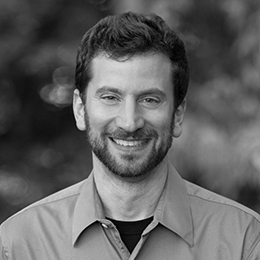Capitalism: Who Needs It — Ayn Rand and the American System
Capitalism is under siege. The social-economic system that made America the land of opportunity, freedom and explosive growth is under attack. Many blame the greed and self-interest of Capitalists for today’s economic morass. Others wonder how and why the events in Ayn Rand’s novel, <em>Atlas Shrugged</em>, could so closely parallel today’s events.
In this talk, Yaron Brook provides evidence that today’s crisis is a failure of the un-free market. Massive government intervention, from Washington’s affordable-housing crusade to the Federal Reserve’s easy-money policies, laid the groundwork for the crisis which culminated in TARP and the various stimulus packages. Likewise, Medicare and Medicaid laid the groundwork for the government’s most recent massive takeover of health care. Dr. Brook evaluates the government’s latest actions and suggest alternatives.
Dr. Brook also explains why the free market has taken the blame for a crisis caused by government intervention, and why it is that self-interest and the profit motive are the reasons that capitalism is the only moral social-economic system. His talk provides some hints of why Ayn Rand’s provocative philosophy is the only explanation that makes sense of today’s events. (Recorded June 9, 2010.)





